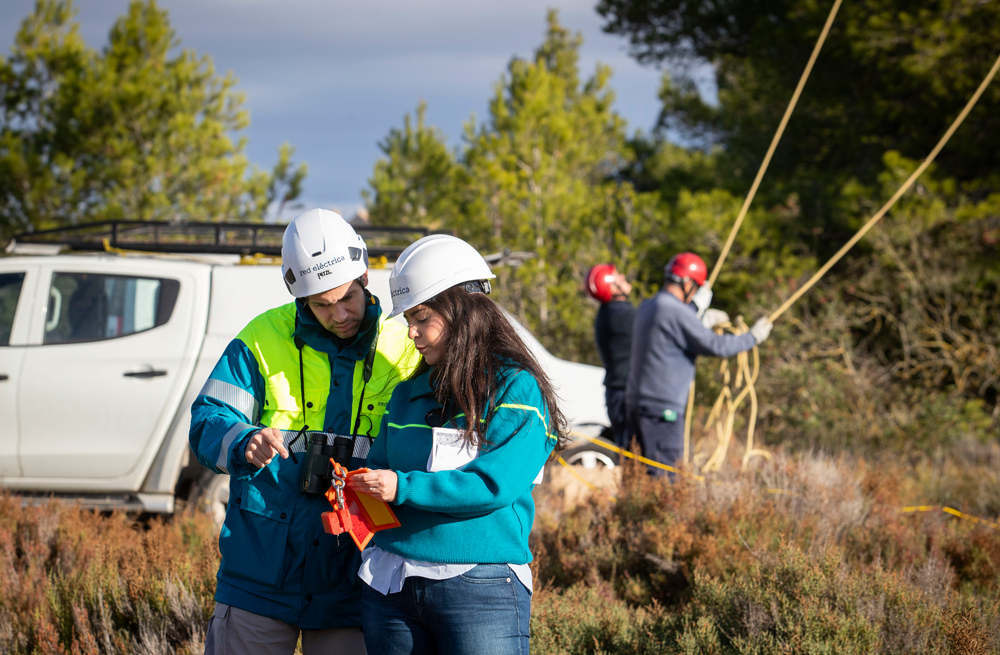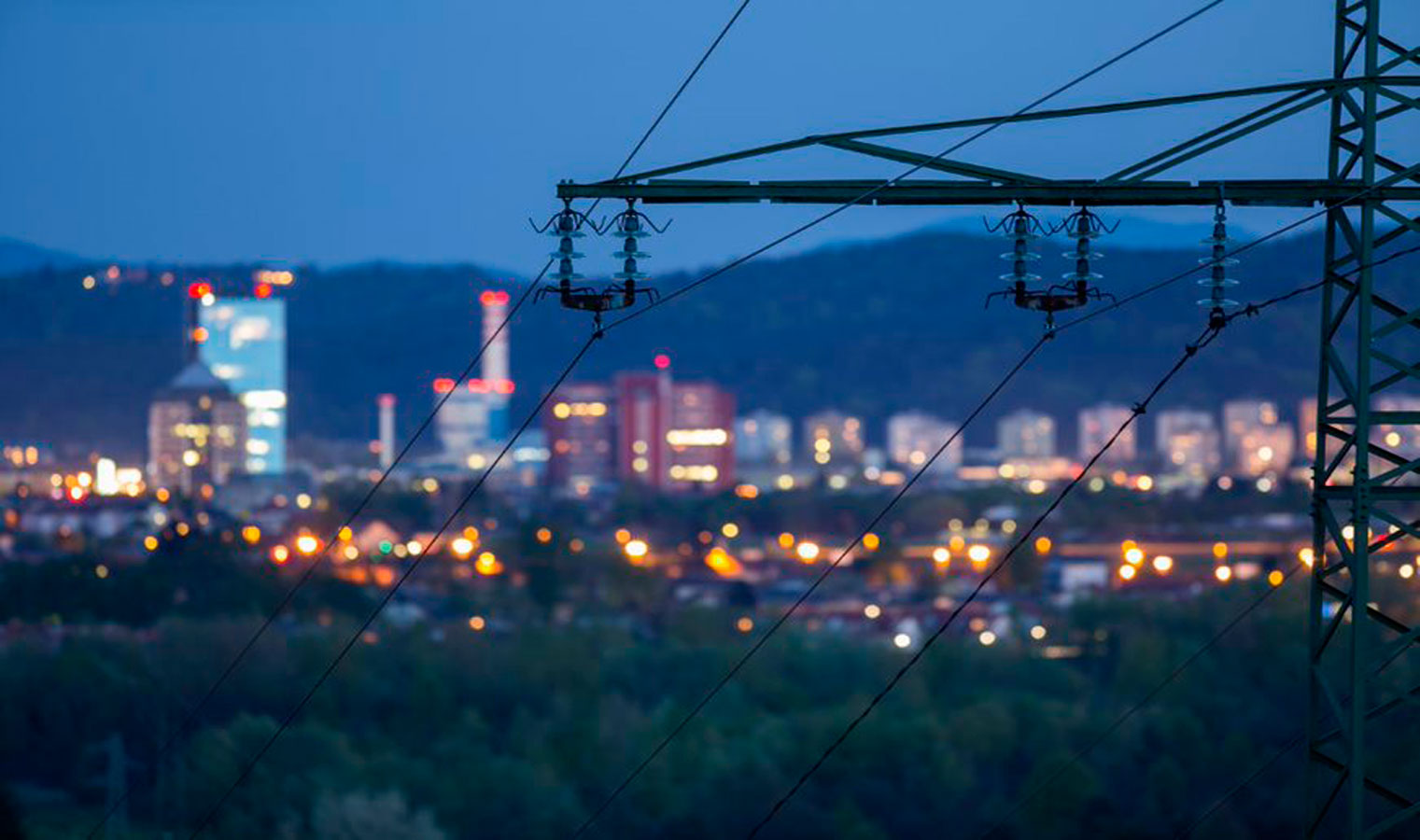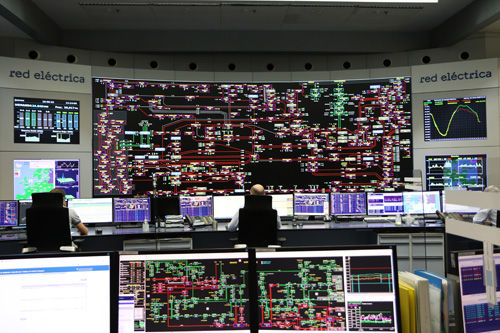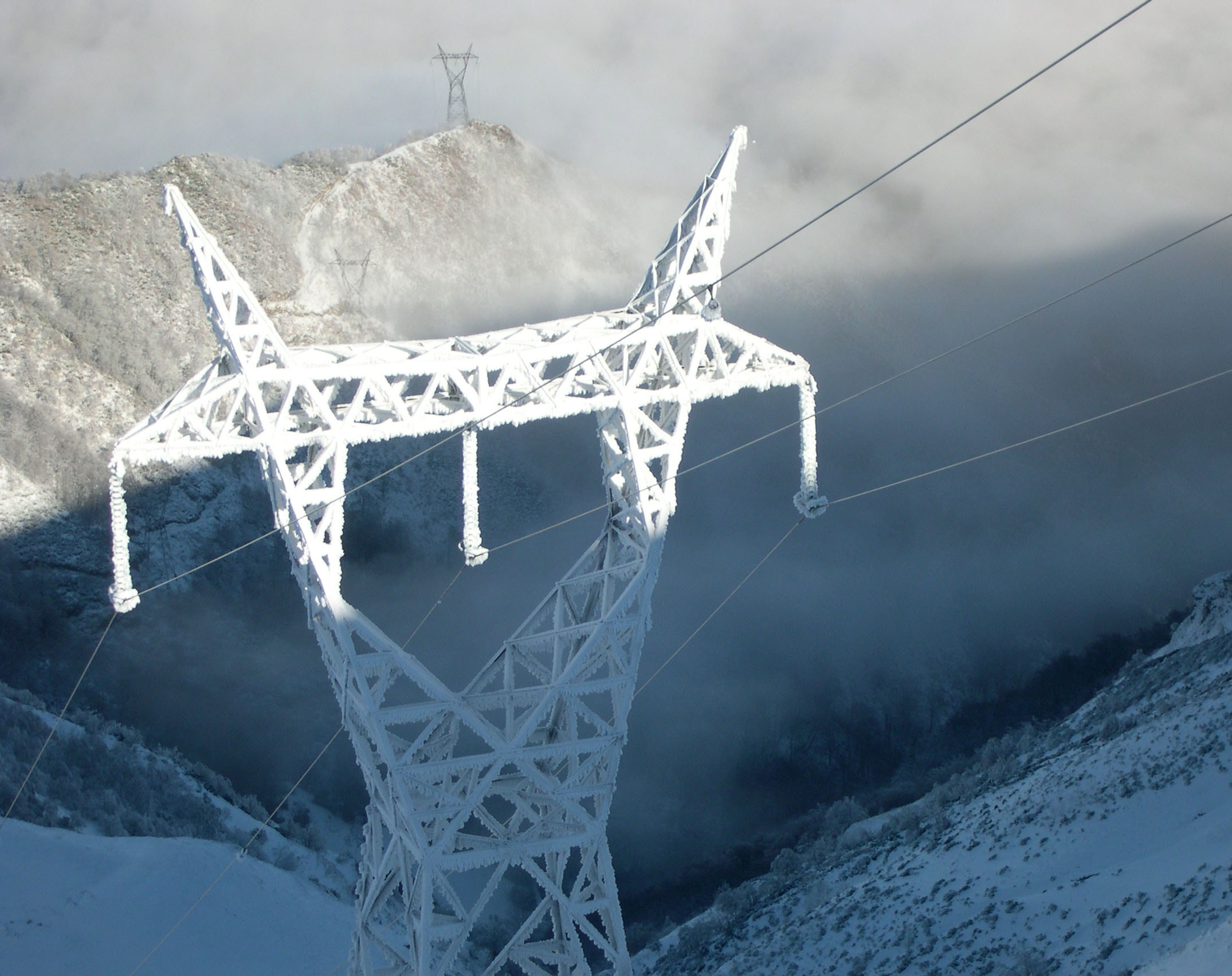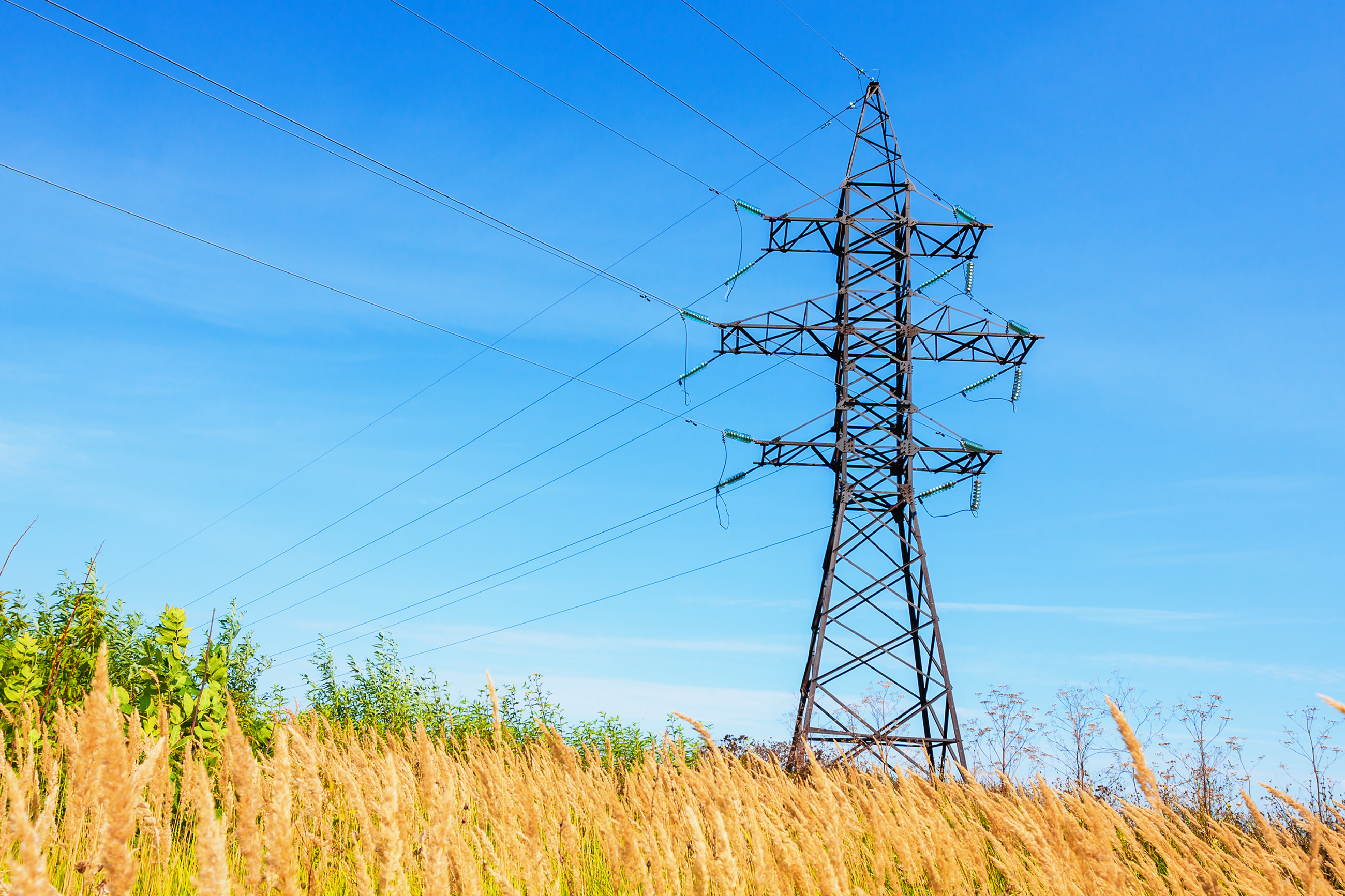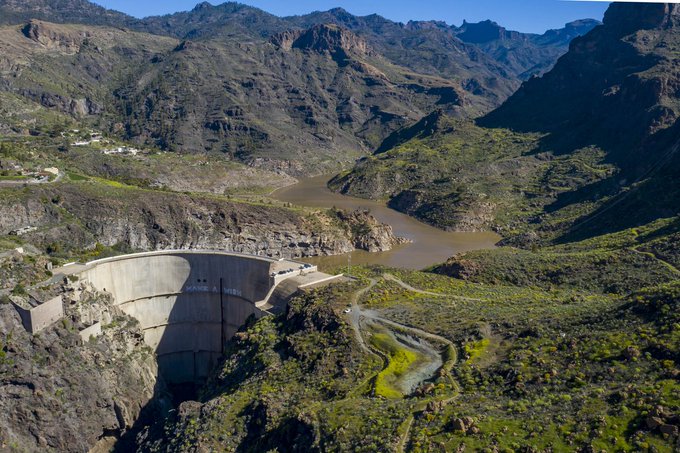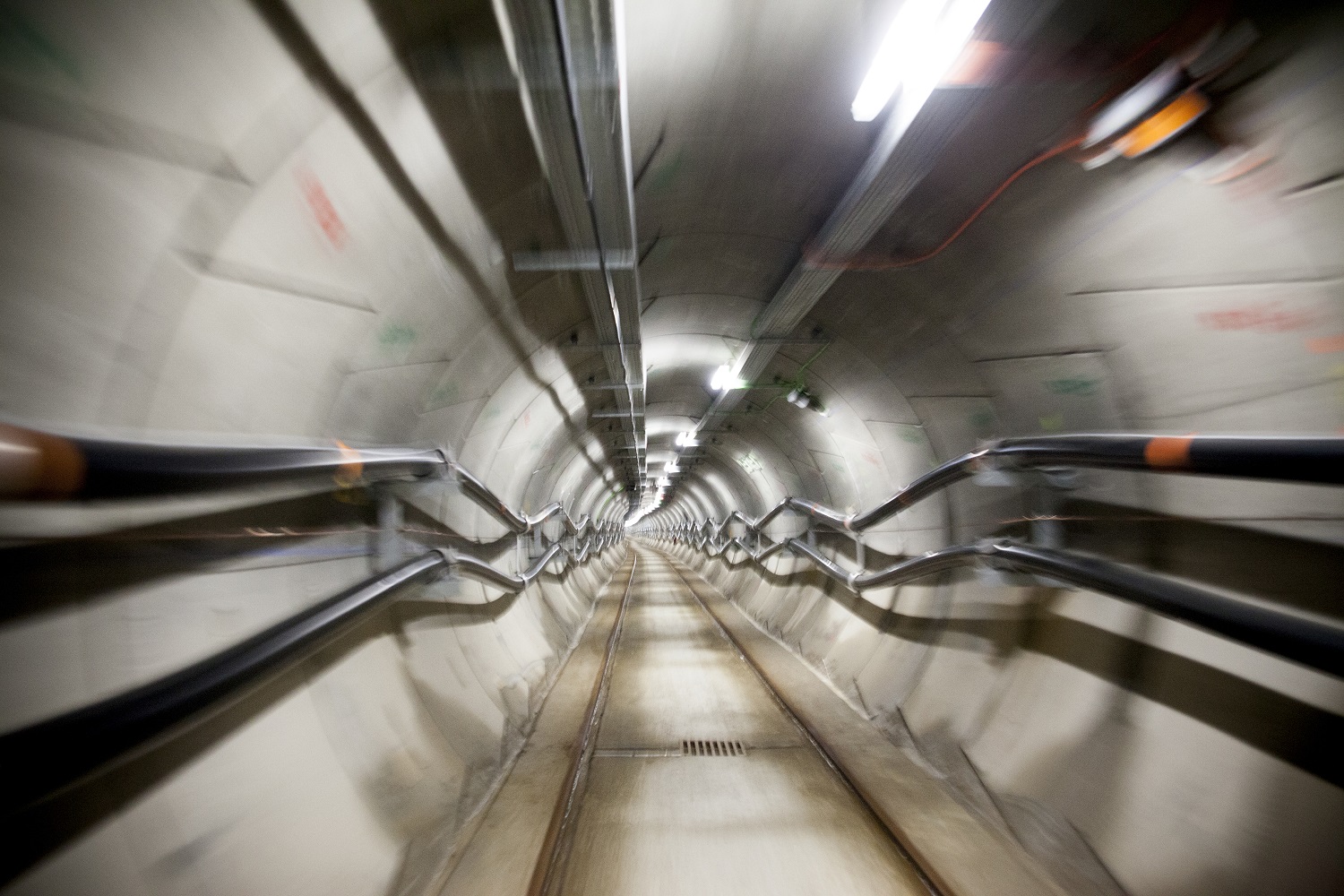Discover what Red Eléctrica is, what we do, and why we are the backbone of the electricity system in Spain and the ecological transition.
The Repopulation Bus travels the rural areas of Malaga to halt the abandonment of the region and encourage its development
- Tomorrow, it will end its itinerary around the province of Malaga in La Axarquía. On its way, it has stopped in 15 villages with fewer than 2600 inhabitants.
- Converted into a mobile television studio, the bus has broadcast via satellite from areas such as Alcaucín, Jubrique or Serrato to show the attractions of rural Spain.
- Malaga is the closing act of the second edition of the Presura Tour, which has made stops in 24 villages in 6 different provinces, using social innovation initiatives to encourage repopulation and growth.
The Presura Tour 2020 ends its journey around Malaga province tomorrow in Alfarnatejo and Alfarnate. The Repopulation Bus has visited around fifteen villages in Malaga this week, each with fewer than 2600 inhabitants. Besides the two villages mentioned above, Salares, Sedella, Canillas de Aceituno, La Viñuela, Alcaucín, Algatocín, Gaucín, Benarrabá, Genalguacil, Jubrique, Málaga, Cañete La Real, Cuevas del Becerro and Serrato will bring this tour, which started in July and stopped in 24 villages in 6 provinces, to a glorious finale. It is the perfect end for a journey of 10,000 kilometres to encourage repopulation and rural development through the application of social innovation initiatives. This year the coronavirus pandemic has forced this edition to reduce the number of stops it makes.
The Presura Tour 2020 is an initiative of the association El Hueco, who have relied on the support of the Red Eléctrica Group, and for the first time have used satellite technology to broadcast the real daily life of rural Spain from each of the places where they have stopped. With the slogan “The Rural is the Vanguard”, the bus has been used as a mobile television studio. Presura TV has featured many of the people who have started innovative business ideas in the world of art, music and painting to show that rural areas can harbour the foremost ideas in art and culture, technology and even new forms of social activity.
For Jorge Jiménez, regional director of Red Eléctrica in Andalusia and Extremadura, “we have a firm commitment to the development of rural Spain. We are living in a period of global transition that will only be achievable by embracing sustainability, and which offers opportunities to the rural world”.
For his part, the director of the Presura initiative, Joaquín Alcalde, says: “The repopulation bus has already become an icon for the sparsely populated areas of Spain. On this tour, we have met and given our support once again to these people who are determined to work to give their communities a better future”
Also, thanks to the support of the Red Eléctrica Group’s communications satellite operator, Hispasat, and the installation of a terminal for satellite communications with the corresponding technical equipment, this tour has been able to explain the advantages of this technology to bring connectivity to rural areas, offering its inhabitants new opportunities and boosting growth and business in these areas.
Connectivity is a basic essential resource for promoting economic and social development and a guarantee of progress and well-being for the population. While Spain is a leader in the deployment of optical fibre in Europe, there are still rural areas that do not have quality connectivity. Satellite technology is the most appropriate solution for these areas, to extend the reach of the Internet and complement terrestrial networks. It can cover the whole territory of Spain, regardless of the distance or geographical obstacles, and it can be deployed very quickly.
This is the second year running that the Red Eléctrica Group has supported this tour to promote the IV Repopulation Fair for Rural Spain, Presura 20, which will be held in November. It will focus on the fight to stop depopulation in rural areas and support change in the rural areas to encourage sustainable, community-based and ecological development, helping to correct the enormous imbalances that exist between rural and urban life.
